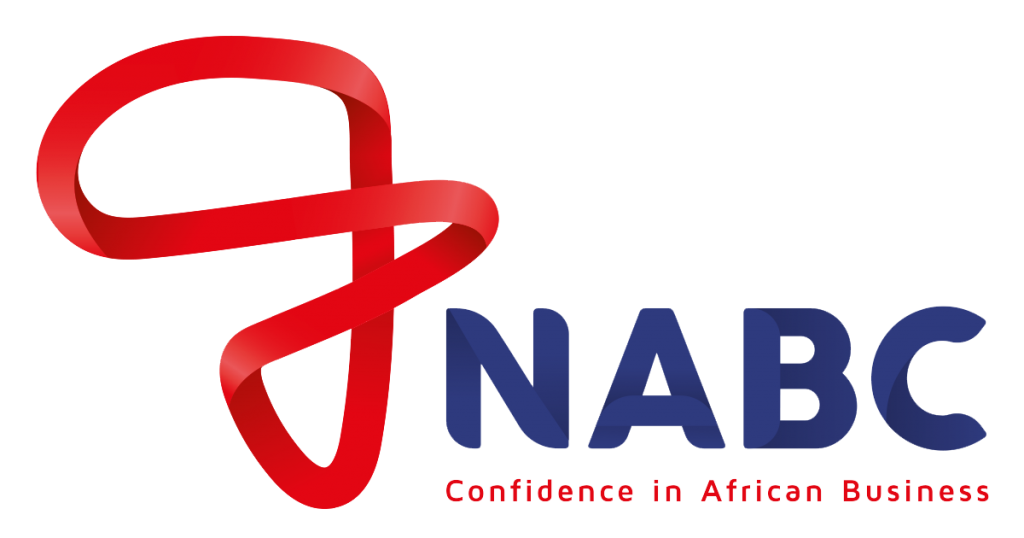The workshop “Afropolis” will use a serious gaming approach to brainstorm methods and strategies to co-create adequate, safe and affordable housing in African cities. Using the format of a board game, the participants in this workshop will use a toolkit based on two components: “Actors” and “Urban Elements”, to solve the “Case”, which is a hypothetical housing project to be developed in a fictional African city. Each participant will perform the role of one of the “Actors”, a typical stakeholder in slum upgrading/redevelopment (e.g. Local politician, Developer, Social Worker, Slum Dweller). Each player should then try to implement her/his own agenda (open and hidden) while, simultaneously, creating synergies to agree on the design-decisions necessary to develop the project. Each player will have at her/his disposal scale models of three different “Urban Elements”:
1. Housing Types: (isolated houses, row-houses, slabs, tower blocks);
2. Amenities (resource centre, kindergarten, temple, commercial block);
3.“Open Spaces” (playground, garden, square, sports field).
There will also be a joker “Urban Element” that can be anything the group decides, as long as it is reasonably within the budgetary constraints defined in the “Case”. Unlike famous board games like Monopoly or Risk, the goal of Afropolis is not to dominate the other players (win-lose situation), rather, it is to co-create a win-win situation where the different actors’ agendas can be negotiated and conciliated to solve the “Case”. This workshop will stimulate the participants to recognise the importance of aligning policy with design, to pursue creative solutions for one of the sustainable development goals defined by the United Nations in 2016: Make cities and human settlements inclusive, safe, resilient and sustainable.


